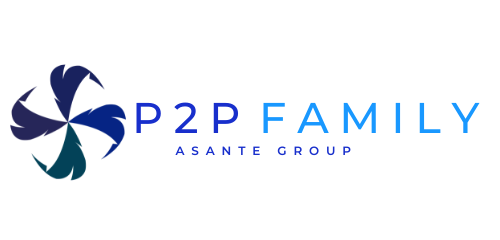Understanding Anabolic Steroids
Anabolic steroids indications refer to the specific medical or non-medical reasons for which these synthetic substances are prescribed or used. Originally developed to treat various health conditions, anabolic steroids have become popular in sports and bodybuilding contexts, often leading to misuse.
Medical Uses of Anabolic Steroids
When prescribed correctly, anabolic steroids indications aim to address Anabolic steroids buy certain health issues. These include:
1. Treatment of Hormonal Imbalances
- Hypogonadism in males – when the body produces insufficient testosterone
- Testicular failure
2. Muscle Wasting Diseases
- AIDS-related cachexia
- Cancer-induced muscle loss
3. Delay in Puberty
- To stimulate puberty in boys with delayed development
4. Anemia
- As part of treatment for certain forms of anemia, promoting red blood cell production
Non-Medical (Performance Enhancement) Uses
While not approved, anabolic steroids indications are frequently exploited by athletes and bodybuilders for their ability to increase muscle mass, strength, and recovery speed. Such usage is often associated with significant health risks and legal concerns.
Common Types of Anabolic Steroids Used
- Testosterone and its derivatives
- Nandrolone
- Stanozolol
- Dianabol
- Oxandrolone
FAQs about Anabolic Steroids Indications
Q1: Are anabolic steroids safe for medical use?
Properly prescribed anabolic steroids under medical supervision can be safe when used as indicated. Misuse or abuse increases risks significantly.
Q2: Can anabolic steroids help me build muscle faster naturally?
No, unless prescribed for specific medical conditions. Using them without medical oversight can lead to severe health complications.
Q3: What are the risks associated with misuse of anabolic steroids?
- Liver damage
- Cardiovascular issues
- Hormonal imbalances
- Psychological effects such as aggression and mood swings
- Dependence and addiction
Conclusion
The anabolic steroids indications primarily serve legitimate medical purposes such as hormone replacement therapy, treating muscle wasting, and managing delayed puberty. However, their non-medical use poses significant health risks and legal challenges. It is crucial to follow medical advice and avoid misuse to ensure safety and well-being.
